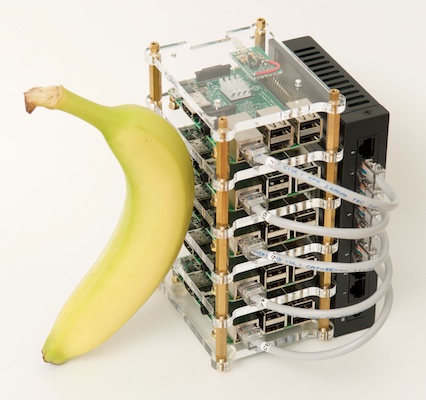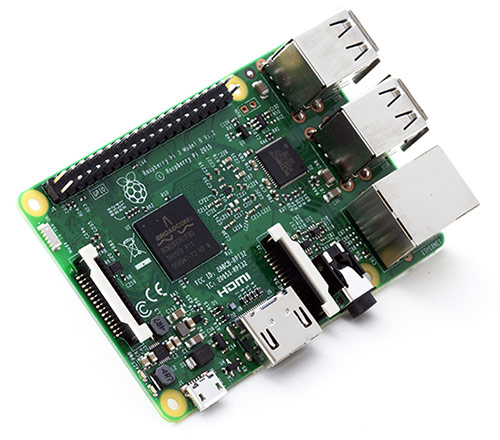I've been supporting Drupal VM (a local Drupal CMS development environment) for Windows, Mac, and Linux for the past couple years, and have been using Vagrant and virtual machines for almost all my development (mostly PHP, but also some Python and Node.js at the moment) for the past four years. One theme that comes up quite frequently when dealing with VMs, open source software stacks (especially Drupal/LAMP), and development, is how much extra effort there is to make things work well on Windows.
Problem: tool-builders use Linux or macOS
The big problem, I see, is that almost all the tool-builders for OSS web software run either macOS or a flavor of Linux, and many don't even have access to a Windows PC (outside of maybe an odd VM for testing sites in Internet Explorer or Edge, if they're a designer/front-end developer). My evidence is anecdotal, but go to any OSS conference/meetup and you'll likely see the same.


